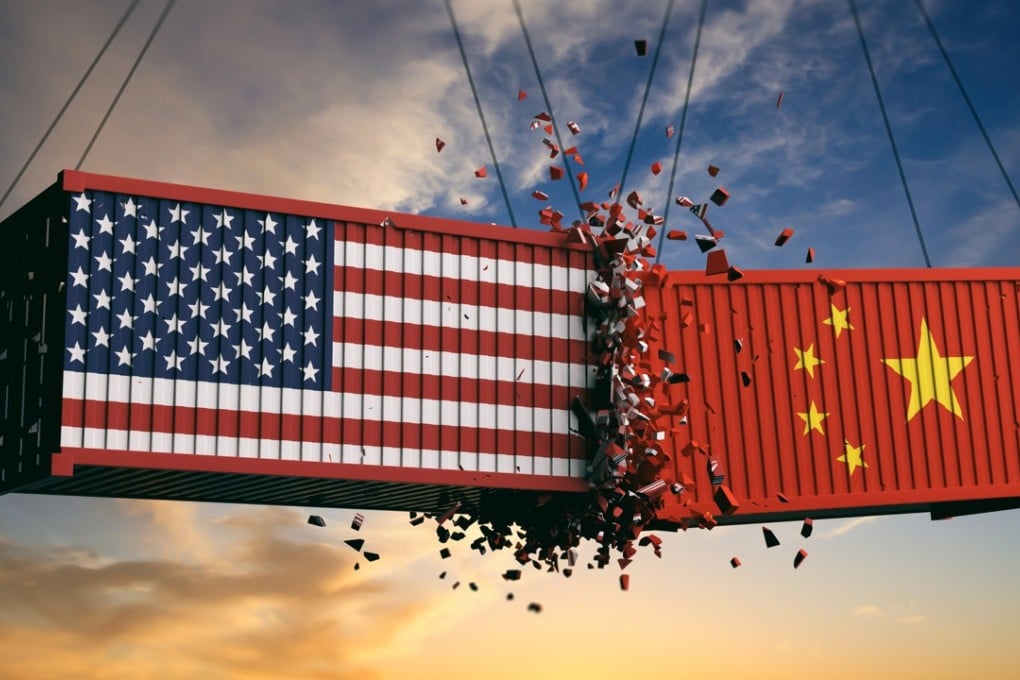How will Hong Kong be affected by the US-China trade war?
As the world’s two biggest economies face off with tit-for-tat tariffs, the city which has for years been a re-export hub between the pair will inevitably feel the squeeze

Since the world’s two biggest economic powers crossed swords over bilateral trade a week ago, the row has escalated and Hong Kong sees a chunk of its economy hanging in the balance.
From steel and aluminium to fashion, food and fruit, the United States has imposed tariffs on a total of US$250 billion worth of Chinese goods, some effective from July 6, others still pending.
When the first wave of America’s 25 per cent tariffs on US$34 billion worth of Chinese goods took effect, China in return imposed tariffs on the same amount of American goods. As the world digested the news, US President Donald Trump upped the ante last Tuesday by revealing a planned 10 per cent levy on US$200 billion worth of Chinese goods, pending congressional approval, with a hearing set for late August.
Hong Kong, which has served as the re-export hub between the two nations for decades, and whose biggest trade partner is China, is inevitably sandwiched between the two sides.
Hong Kong is a part of China. So is it ensnared in the trade war?